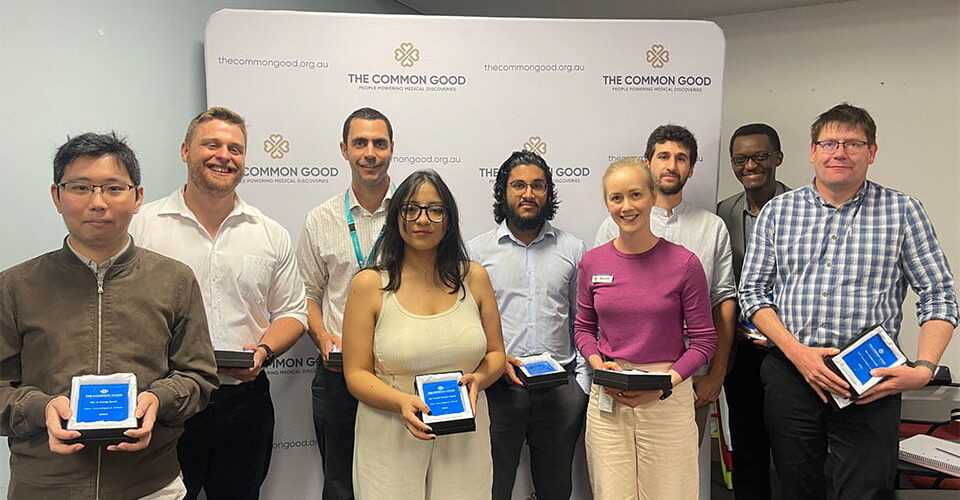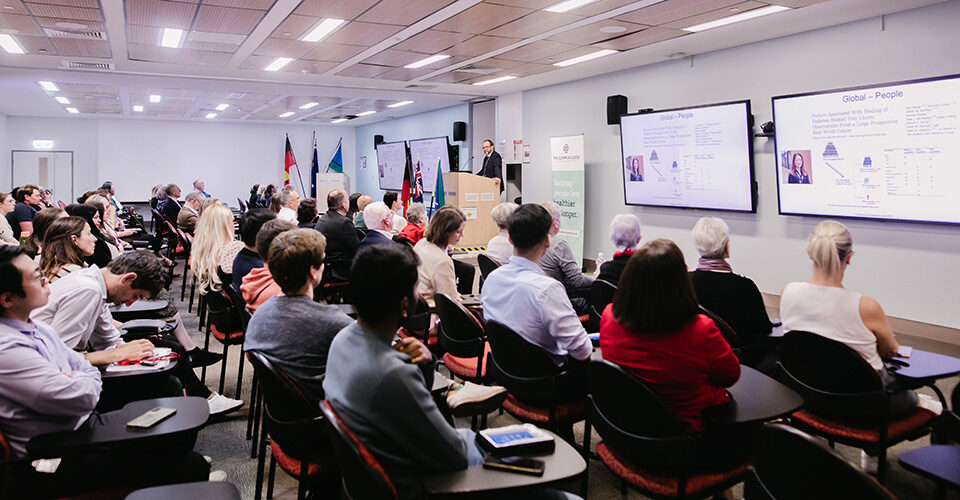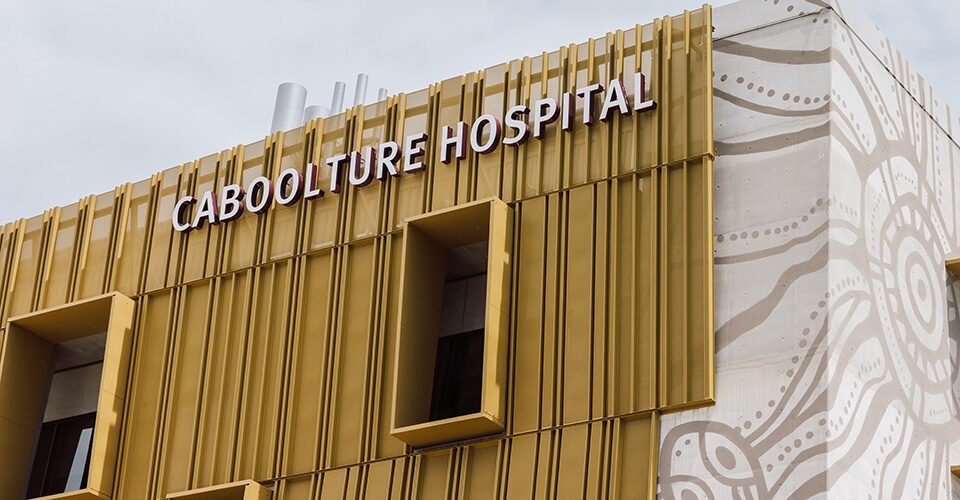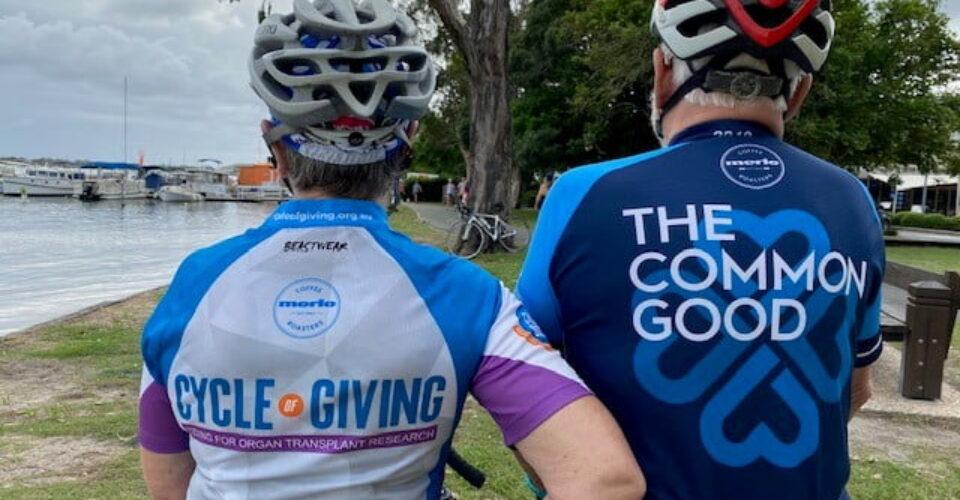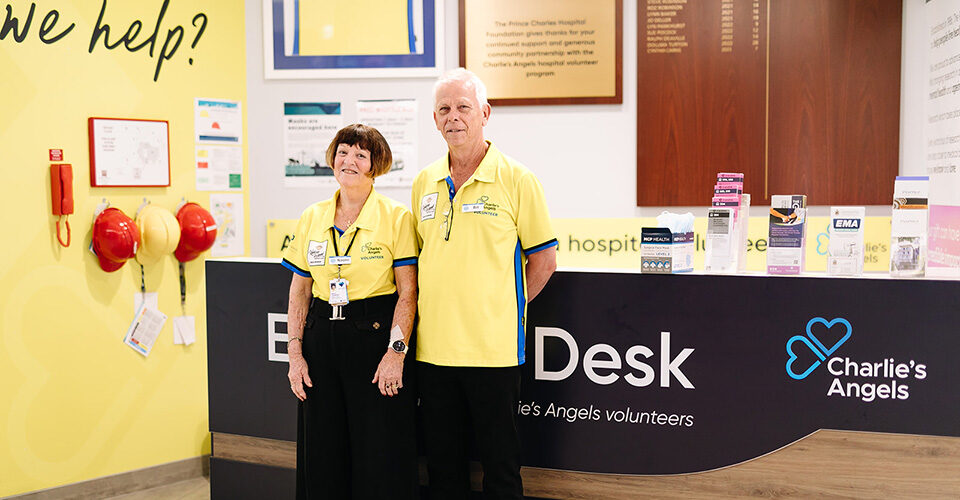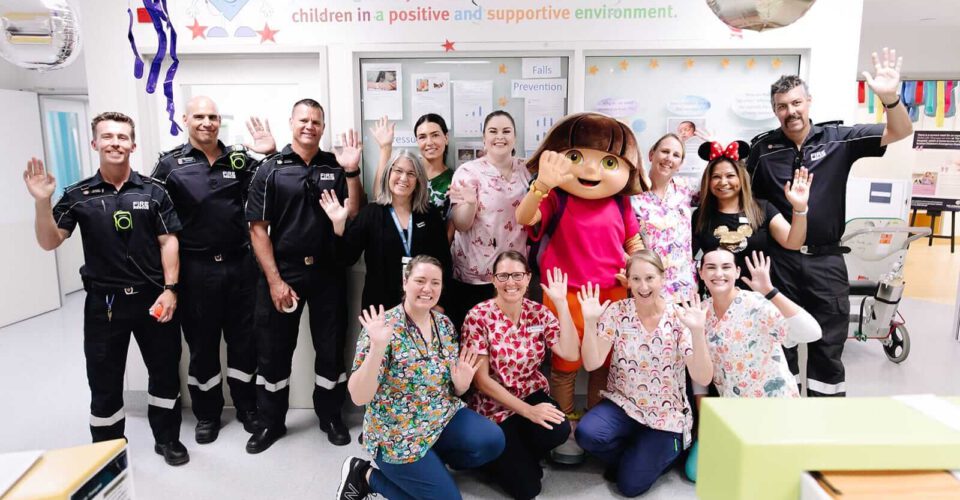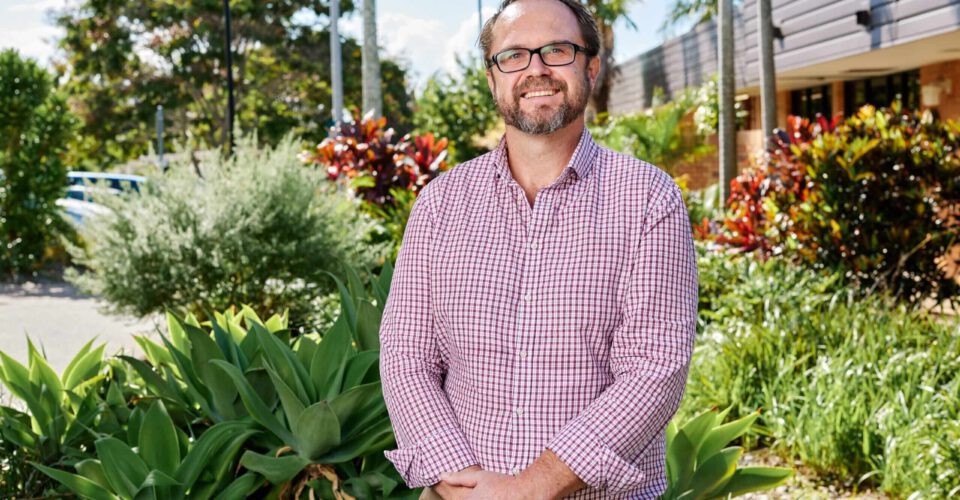The Common Good has helped to launch approximately 243 research careers through our New Investigator grants, and this year we are celebrating another 12 talented individuals who are receiving this incredible opportunity to kick-start their careers in research.
In this blog, we introduce you to a few of those grant recipients and share a little bit more about their areas of research. First, though, we will briefly touch on what a new investigator grant is and who is eligible.
What is a new investigator grant?
The New Investigator Grant aims to provide research training and funding to new researchers who wish to undertake a small research project to develop research skills and address a health need.
This opportunity is available to health care workers, clinicians and allied health staff eager to try their hand at research, expand on their clinical work, answer the questions that have been brewing on their minds and ultimately help people live healthier for longer.
In order to qualify for this grant of up to $10,000, successful applicants must not have received a research grant before, and the project they propose is to be achievable within a twelve-month period.
New Investigator Grant Recipients 2023
We want to introduce you to a small selection of this year’s New Investigator grant recipients:We want to introduce you to a small selection of this year’s New Investigator grant recipients:
1. Sarah Mackay
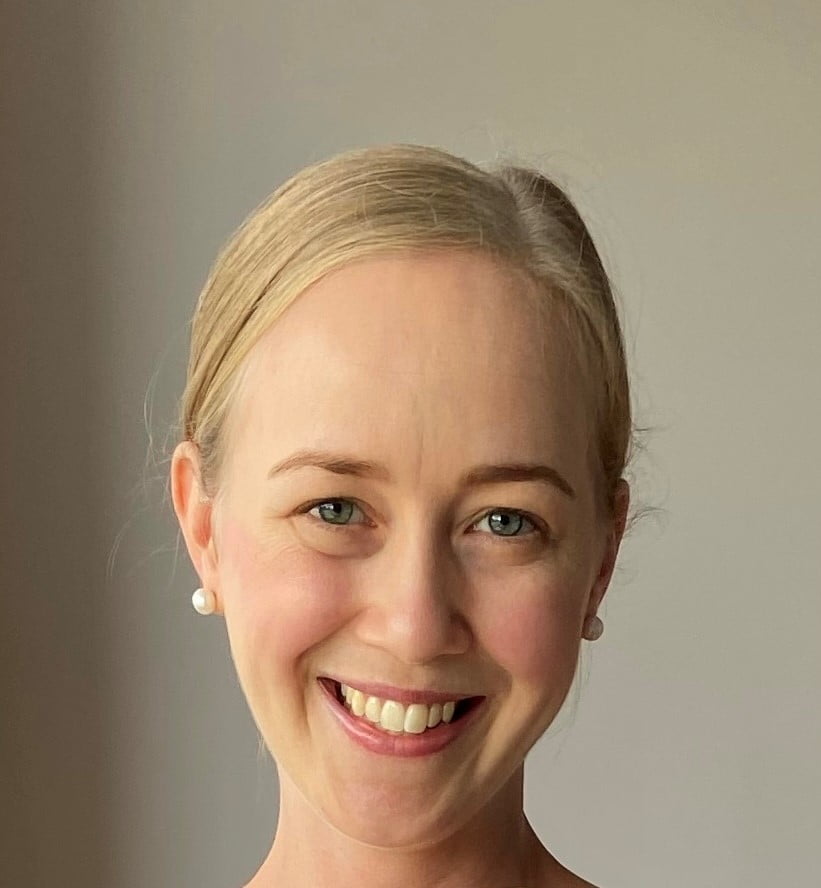
Sarah has been a dietitian at The Prince Charles Hospital since 2018, and her research aims to:
- Identify patient/caregiver preferences regarding the terminology used by Health Care Professionals when discussing malnutrition risk/diagnosis, and
- Identify patient preferences regarding the context of information delivery relating to malnutrition risk/diagnosis, such as who provides the information; and when, where and how the information is delivered.
“Good communication between the health care professional (HCP) and patient improves patient outcomes. While Australian and international malnutrition guidelines highlight the importance of collaboration between the HCP and patient, none specify the terminology to use or factors to consider when informing a patient of malnutrition risk/diagnosis,” Sarah says.
This is world-first research where people with professional and lived experiences with malnutrition will partner to improve malnutrition care.
2. Carl Francia
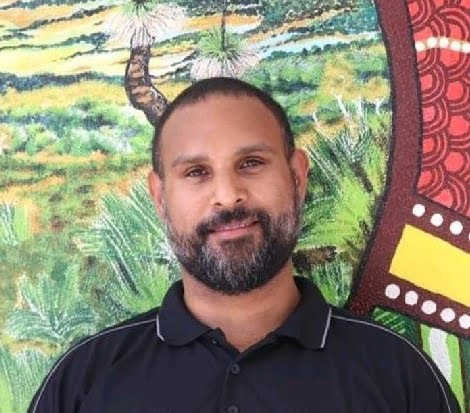
Carl is a physiotherapist at The Prince Charles Hospital and this upcoming research is a retrospective data linkage study looking at the incidence and prevalence of acute rheumatic fever (ARF) and rheumatic heart disease (RHD) in Queensland.
He aims to:
- Describe the age-specific and age-standardised incidence rate and prevalence ratio of
ARF and RHD in Queensland between 2017 and 2021.
Carl says this research is important because, in Australia, Aboriginal and Torres Strait Islanders are 66 times more likely to be affected than non-Indigenous people. In metro areas, Māori/Pacific Islanders and people of low- or middle-income country births are also at high risk.
“For Health Equity, it is important that Hospital and Health Services and community stakeholders are aware of ARF/RHD in their communities and have access to quality and contemporary information. Previously, access to quality information has been limited by systemic bias in data collections and information spread across fragmented data sources, resulting in poor estimates of RHD and Indigenous Status data,” Carl says.
This study will strive to provide the most contemporary profile of Queensland Acute Rheumatic Fever/ Rheumatic Heart Disease (2017-2021) based on linked state-wide hospital and administrative data.
3. Thomas Georgeson
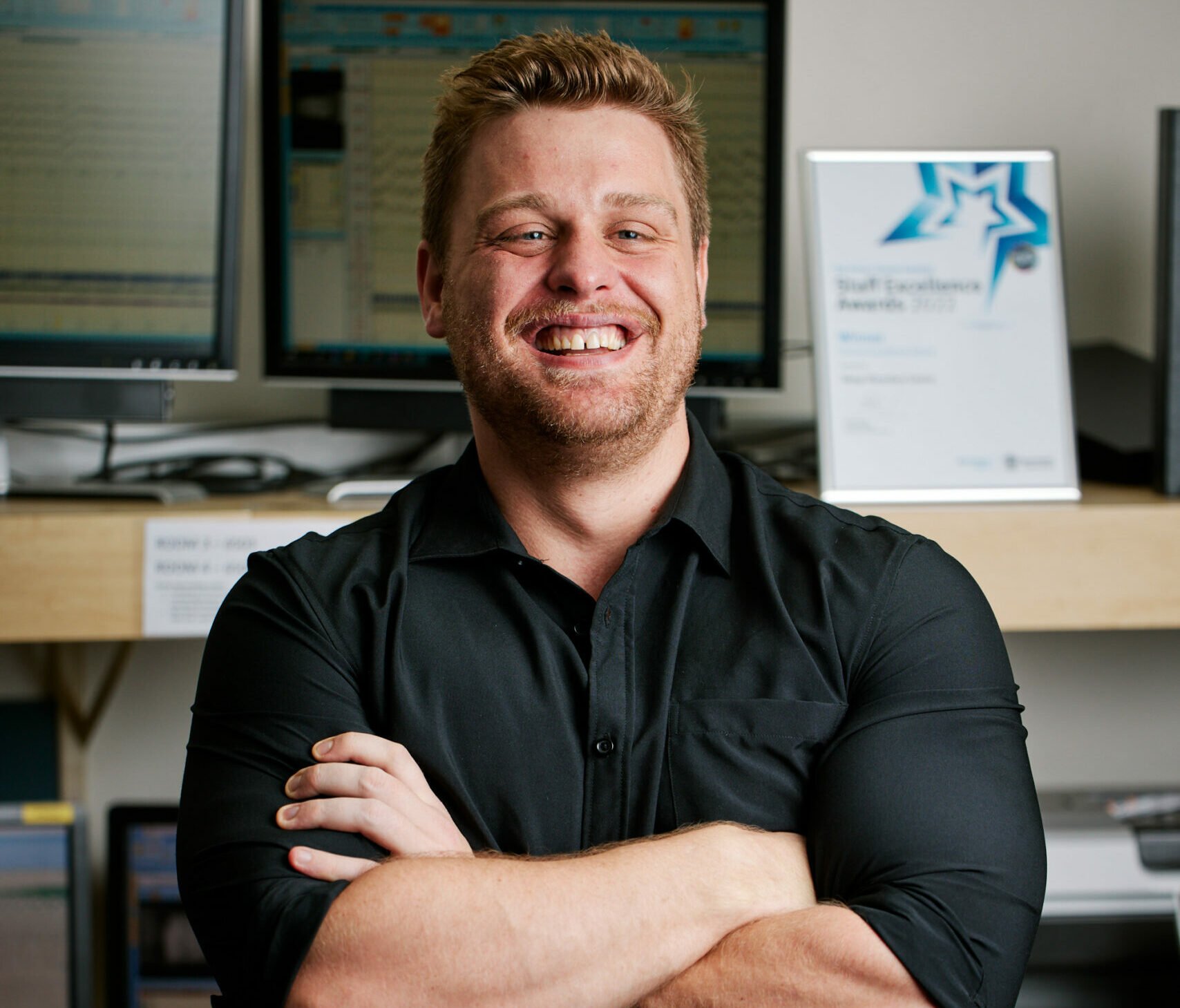
Thomas is a sleep scientist at The Prince Charles Hospital. His research will investigate Cognitive impairment and residual risk in patients with Obstructive Sleep Apnoea (OSA) before and after two months of continuous positive airway pressure (CPAP) intervention.
In particular, his research aims to:
- Determine the efficacy of CPAP on cognitive function evaluated by the ACE-III cognitive screening instrument.
- Characterise the OSA-cognition profiles of 1) patients whose cognitive function responds well to CPAP and 2) those who remain at risk for cognitive impairment after two months of CPAP therapy.
“OSA is a common disorder characterised by recurrent episodes of upper airway collapse during sleep. The prevalence of OSA is high among middle-aged and older adults and is associated with a range of cardiovascular, metabolic, and neurocognitive consequences. Consequently, untreated OSA is now recognized as a significant risk factor for dementia,” Thomas says.
Applying for a new investigator grant in the future
We seek applications for new investigator grants in June/July each year.
Please reach out to Research Development Manager, Dr Megan Grace via email at megan.grace@tpchfoundation.org.au to learn more, or click here to read about our other research grant opportunities.
